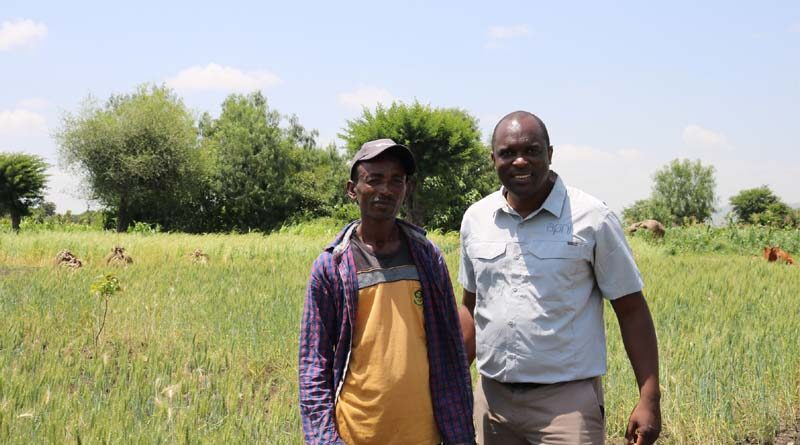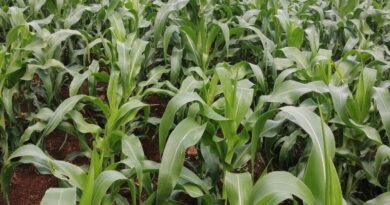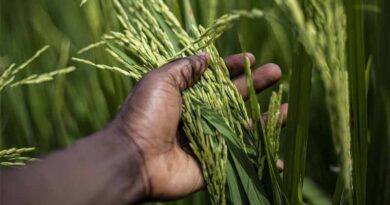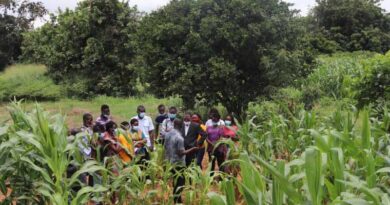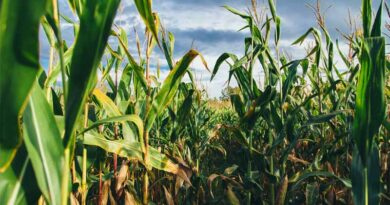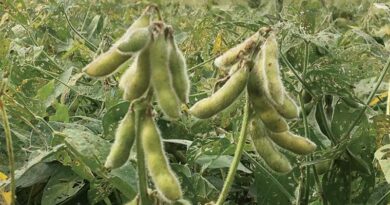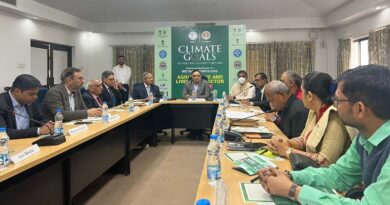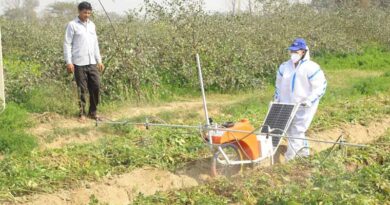Transforming Farming With Farmer Led Experimentation
14 January 2022, Africa: Advances in landscape-scale research and increased demand for actionable on-farm information is reshaping the relationship between researchers and farmers; a renewed focus on inclusive, hands-on approaches is helping farmers convert research into practice
Agricultural scientists are changing the way they think about how and why they do field research. A recent article published in Nature Food suggests that a key motivation for this change is the mounting evidence highlighting the limits of conventional small plot research. Historically, conventional field research has lacked applicability at scale. Critics also suggest that research has been prone to generating information that is less actionable, and is structured so that recommendations tend to trickle down from inaccessible analyses and peer-reviewed publications.
Across the world farmers regularly face a mix of economic, environmental, and social challenges. These pressures drive the demand for tailored solutions that are responsive to change. At the same time, farmers are often hampered by dwindling access to even basic support systems. They are the ultimate end users of information and recommendations generated through research. Yet, farmers have been largely removed from the process of scientific discovery.
Farmer Engagement is Key
In their article entitled “On-farm Experimentation to Transform Global Agriculture,” the team of scientists is described as a network of international institutions with the shared goals of “formalizing the emerging scientific field of OFE research,” and spearheading movement towards the development of OFE as a more widespread way of doing field research.
At its core, the approach depends on a continuous cycle of on-farm engagement, evaluation, feedback, and improvement. Similar to the concept of product enrichment through a value chain, scientific innovation ideally gains effectiveness as it progresses through a scientific process. It is apparent from the arguments presented that OFE strongly associates a farmer-centric philosophy as a key ingredient for a farmer-responsive field research program.
OFE is defined as an innovation process that brings agricultural stakeholders together around mutually beneficial experimentation to support farmers’ own management decisions.
OFE’s practicing community is busy evolving and adapting the science across a range of scales. The article presents 11 OFE examples presently operating across the world—all evaluating treatments that are embedded within the whole farm operation, and are subject to guidance from regular farmer consultation.
The current interest and momentum in OFE can be linked to the current growth and investment in digital technology (DA) in agriculture. Better DA accessibility is expanding the capacities of field research and shifting its focus increasingly towards tackling the issues farmers face at more relevant scales.

